Joint statement on today’s long-awaited judgment from the European Court of Human Rights on violations of LGBTI human rights in Armenia
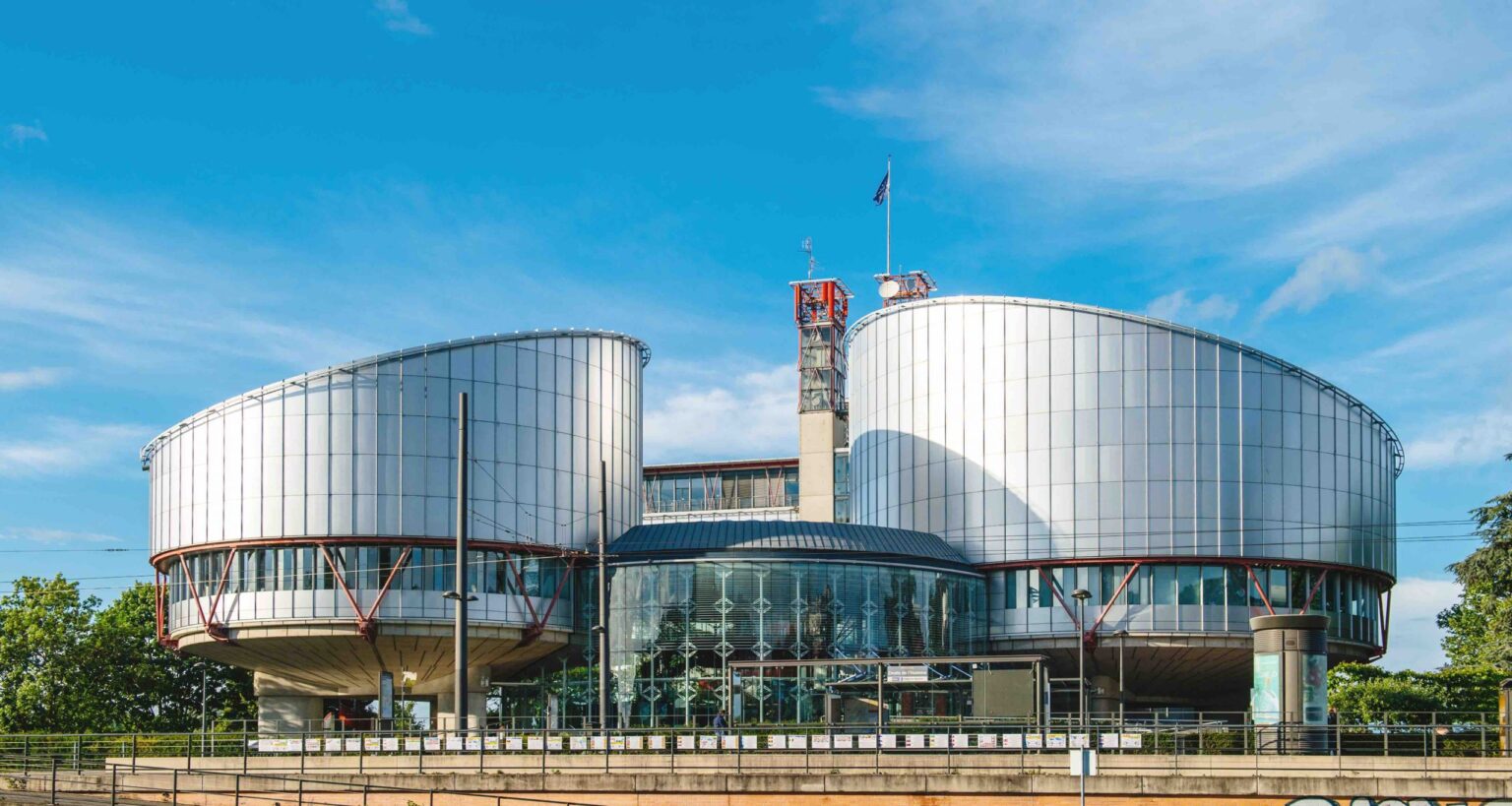
ILGA-Europe and TGEU celebrate the judgement of the European Court of Human Rights in the case of Minasyan and Others v. Armenia, upholding the rights of victims of homophobic and transphobic hate speech.
Today, the European Court of Human Rights issued a judgement in the case of Minasyan and Others v. Armenia. The case was brought forward by 14 Armenian human rights defenders and activists who supported and/or belonged to the LGBTI community and were victims of homophobic and transphobic hate speech. The Court found a violation of Article 8 of the European Convention on Human Rights (right to private and family life), taken alone and in conjunction with Article 14 of the Convention (prohibition of discrimination).
The case concerns the publication of newspaper articles in 2014 that contained discriminatory language and incitement to discrimination against the applicants due to their association with the LGBTI community and/or their perceived sexual orientation or gender identity, and which included links to the applicants’ social media profiles. The article followed the applicants’ comments challenging Armenian Eurovision Song Contest jury members’ statements criticising the winner that year, Conchita Wurst. The applicants instituted civil proceedings against the newspaper but the Armenian courts dismissed the case and ignored the allegations of discrimination based on actual or perceived sexual orientation and gender identity.
The European Court ruled that the publications in question propagated hatred, hostility and discrimination against a minority, the LGBTI community, which was one of the main targets of widespread hostility, hate speech and hate-motivated violence in the country. It also confirmed that the publications were meant to incite intolerance and hostility against the applicants, with the clear intention of intimidating them and causing them real harm. The Court had no doubt that such expressions affected the applicants’ psychological wellbeing, dignity, and reputation and constituted serious attacks on their rights guaranteed by the Convention.
The Court also observed that there was only a civil remedy available to the applicants, and while in theory, such remedy was capable of providing effective protection from homophobic hate speech, it had doubts about its effectiveness in practice. The Court found that the domestic courts failed to balance the competing interests between the journalists’ right to freedom of expression and the applicants’ right to respect for their private life. As a result, the Court found that the domestic courts failed to recognise the authors’ hostile tone and intentions and the impact that his statements had on the applicants’ Article 8 rights. The Court ruled that by doing so, the domestic courts failed to protect the applicants against hate speech and to address the discriminatory nature of the hateful statements.
ILGA-Europe and TGEU jointly filed a third-party intervention in this case submitting that
- homophobic and transphobic statements constitute hate speech that violates Convention rights due to their humiliating and stigmatising effect;
- States have a positive obligation under the Convention to protect against hate speech on the basis of sexual orientation and gender identity
- and that LGBTI persons and affiliates in Armenia are prevented from seeking redress against hate speech and continuously struggle to enjoy equality due to the lack of adequate legal framework and the hostile attitudes against the LGBTI community.
According to Hasmik Petrosyan, Lawyer at Pink Armenia: “This is already the second judgement by the ECtHR which states that Armenia has failed to provide effective protection for LGBT people against hate speech. Since the judgement on the case Oganezova v. Armenia, for two and a half years, the State could not provide evidence that the Criminal Code article on liability for public calls to violence is being effectively applied in practice. At the same time, the Government has been discussing the anti-discrimination law for almost ten years and the draft still lacks effective mechanisms to protect LGBT people. Pink Armenia will be engaged in the monitoring of the implementation of the judgment.”
TGEU’s Senior EECA Programme Officer, Daniyar Orsekov, said: “TGEU welcomes the judgement of the European Court of Human Rights on Armenia where trans people have little to no legal protections. At a time when anti-LGBTI sentiment is being enshrined in law and therefore further legitimised in the Caucasus, this judgement sets an important legal precedent that can inspire activists to pursue justice and encourage courts in Armenia and the region to uphold the rights of LGBTI communities. In environments where hate speech is allowed to flourish, acts of hate-fuelled violence are not far behind. We call on the Armenian authorities to recognise homophobic and transphobic speech as hate speech and protect LGBTI communities.”
ILGA-Europe’s Senior Strategic Litigation Officer, Marie-Hélène Ludwig, added: “This is a long-awaited judgment that makes clear that States should provide effective protection against homophobic and transphobic hate speech not to foster impunity. We trust that Armenian authorities will put in place the necessary legislative measures to explicitly prohibit discrimination on the grounds of sexual orientation and gender identity and bias-motivated crimes to prevent similar cases from taking place in the future.”
Read Pink Armenia’s full statement on the judgement here: https://pinkarmenia.org/en/news-events/echr-blacklist/
What we can learn from LGBTI activists against all odds
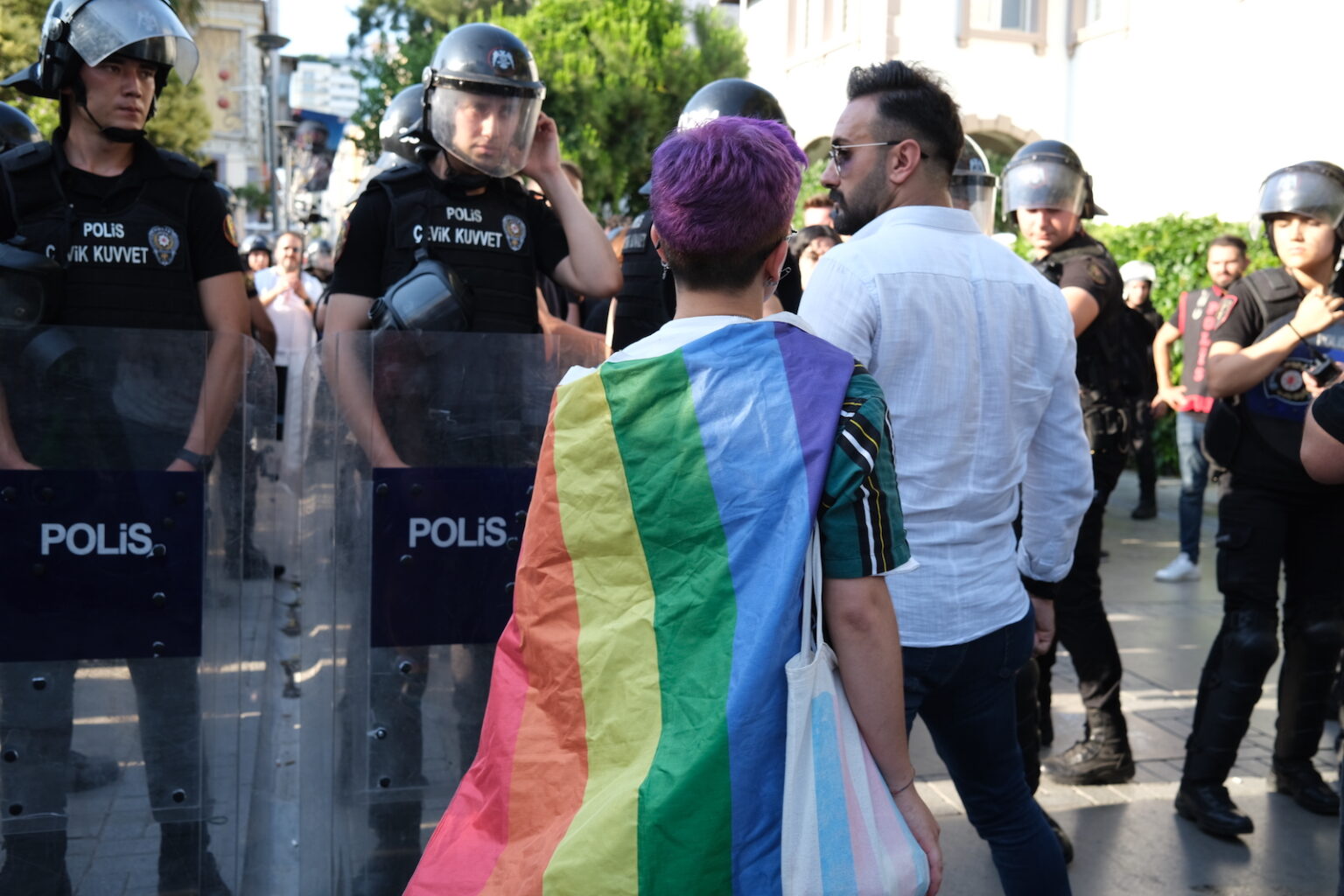
In countries where governments are pushing back on LGBTI people’s rights, joining Pride events is a courageous act that carries higher risks. However, it is in their invisible, everyday work where LGBTI activists showcase their most profound courage. The LGBTI movement in Turkey, as well as in Armenia and Azerbaijan, serve as remarkable examples of resilience against all odds. Keep reading to discover some key insights from our movement and find out more in our podcast.
“Take a moment and imagine yourself in this context,” begins Anastasia Smirnova, ILGA-Europe’s Programmes Director in a recent episode of The Frontline. “For eight years, you’ve been living amidst detentions, smear campaigns, cases against LGBTI activists, and violence that goes unpunished. Extremism and terrorism are terms often associated with the LGBTI movement. You vividly remember last year’s Pride events where hundreds were detained and subjected to police violence.”
This is not a fictional scenario but the daily reality of LGBTI activists in Turkey. Led by recently re-elected President Erdoğan, the Turkish government has intensified systematic attacks on LGBTI people since 2015, when the Istanbul Pride march was banned for the first time.
“So, would you show up at the Pride events in Turkey this year?” asks Anastasia.
“Not an imaginary you – not the bravest and most courageous version of you living in a vacuum. But the real you, with your life circumstances, responsibilities, and current challenges. What would inspire and empower you to show up, ready to face violence and knowing that detentions are possible?”
LGBTI activists in Turkey, and in countries where the government actively opposes LGBTI rights and existence, face potential repercussions, including in their personal lives. But instead of being discouraged by Erdogan’s hostility exhibited during the elections and the previous nine years in office, LGBTI activists in Turkey have organised a record number of Pride events over the spring and summer.
Despite all the risks and knowing that 500 people were detained during Pride season in 2022, they continue to show up.
“It is hard to imagine a stronger and clearer display of strength, solidarity, and resilience than LGBTI people and allies in Turkey taking to the streets, participating in the broader political context, and using their voices despite years of political intimidation,” says Anastasia.
Activism beyond Pride events
They do this not only during Pride season but every day. “For this to be possible, massive invisible work has to happen daily.” This work, unlike Pride events, will not make headlines. Yet, this is the work that enables people to continue showing up and grow their strength in numbers.
Prides and public protests are not the only signs of a strong movement. Referring to the countries at the bottom of our Rainbow Map ranking, where freedom of assembly is severely restricted, “people’s power manifests very differently, and often not on the surface,” explains Anastasia
Examples are offering expertise pro bono, contributing money, helping build connections with businesses, other civil society organisations, the media, among professionals or in educational, cultural, or healthcare spaces.
“It is people doing what they can in their immediate environment to improve the situation of LGBTI people, creating an alternative layer in society that counters state-sponsored anti-LGBTI ideologies,” says Anastasia.
What Turkey, Armenia and Azerbaijan teach us
The three countries at the bottom of the Rainbow Europe scale in 2023 are Azerbaijan, Turkey, and Armenia, the same as the last three years. Yet, the LGBTI movement in these countries offers valuable lessons for all LGBTI groups across the board.
“Over the last 15 years, we’ve seen not only how countries can advance but also how human rights and freedoms are attacked,” says Mehmet Akin, Senior Communications Officer with ILGA-Europe.
When anti-democratic representatives instrumentalise LGBTI people for their own political gain, the freedoms of LGBTI people are gradually taken away. Countries at the top of our ranking are not immune to these anti-democratic forces, who are increasing their presence across the region.
“This is a wake-up call from countries at the bottom of the ranking to those at the top, as LGBTI rights are one of their primary targets,” says Mehmet.
Despite all hardships, LGBTI movements in Russia or Turkey, but also in the EU, as in Poland or Hungary, have developed effective strategies for advocacy, community building, and exercising their freedom of assembly and expression.
“I think activists at the top of our list can learn from the countries at the bottom in terms of the experience they’ve already gained in continuing their work despite legal regression and societal repression,” concludes Mehmet.
Listen to the complete episode and learn more about the strength of the movement against all odds here and to all episodes about our Rainbow Map here.
Photo credits: Murat Kocabaş / Kaos GL
The Frontline: Behind The Rainbow Map: Activism in the Lowest Ranking Countries
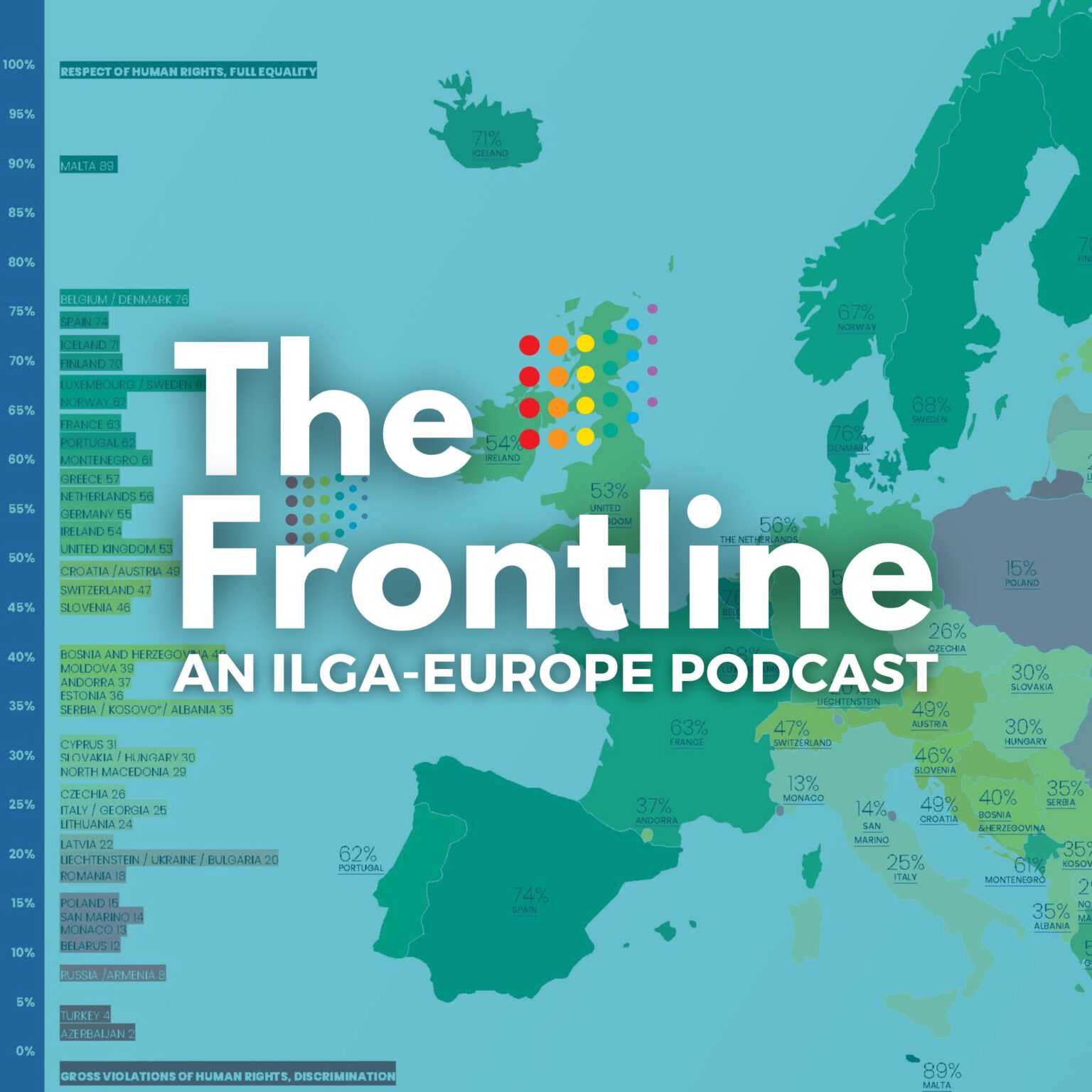
Every year since 2009, ILGA-Europe’s Rainbow Map has been ranking the 49 countries that make up Europe based on the legal and policy situations of LGBTI people.
While during this time there has been much movement at the top of the map, with Spain, Finland, Greece and Moldova making big jumps this year, the countries at the bottom have largely been the same since the very first map, namely Russia, Armenia, Turkey, and at the very bottom Azerbaijan.
In this episode of our podcast, The Frontline, we ask the question, if a country stays at the bottom of the Rainbow Map ranking, does it mean there’s no queer activism happening there? In countries where advocacy is not possible, and where daily life for LGBTI people is often extremely challenging, what’s happening in the work towards LGBTI rights and equality? And is this mostly invisible activism bringing about change for LGBTI people in the countries where it seems life is getting worse rather than better?
European Court Rules Against Armenia Inaction in Anti-LGBTI Hate Crime Case
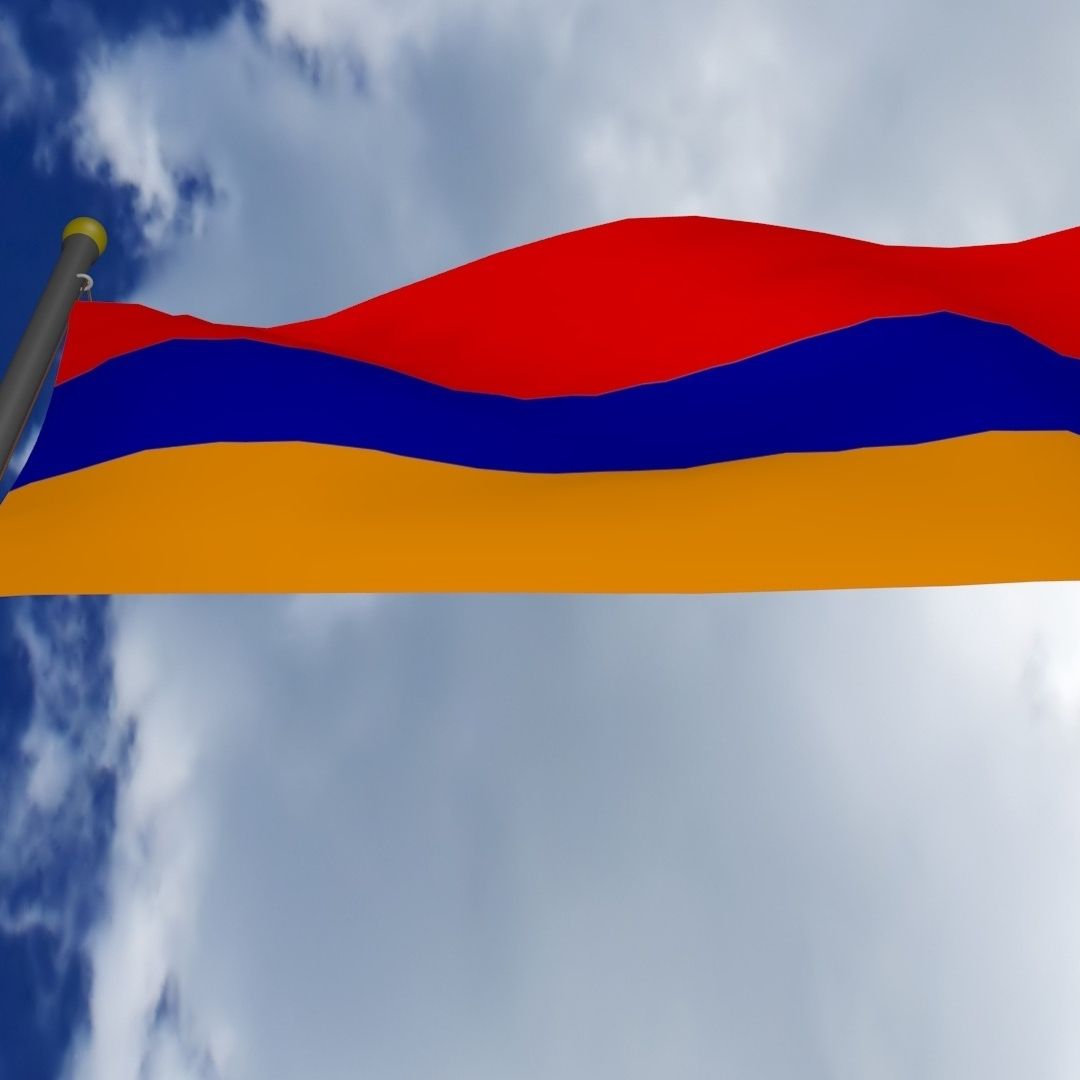
The European Court of Human Rights has ruled that authorities in Armenia failed to protect an LGBT bar owner and activist from homophobic physical and verbal attacks, and arson, and to carry out effective investigation.
The case Oganezova v. Armenia originated in May 2012, when a bar co-owned by the applicant, a member of the LGBT community in Armenia, was firebombed and caused significant damage. Following the incident, the applicant was subjected to physical attacks, death threats and hate speech. As a result, she left Armenia for Sweden, where she was granted asylum.
While two perpetrators were identified and admitted the attack, and were found guilty of intentional damage to property, the were handed a suspended two-year prison sentence, and were subsequently given amnesty.
The European Court’s judgment is two-fold, addressing authorities’ failure to conduct an effective investigation into the arson attack without considering the homophobic motive, and secondly, failure to protect the applicant from the threats and harassment against her in the aftermath.
The Court found that the continuous harassment of the applicant and the prevailing negative attitude towards the members of the LGBT community in general must have caused the applicant feelings of fear, anguish and insecurity which are not compatible with respect for her human dignity and reach the threshold of severity within the meaning of Article 3 (prohibition of torture, inhuman and degrading treatment) of the Convention, taken in conjunction with Article 14 (prohibition of discrimination).
In relation to the investigation, while the arson attack was formally investigated and the perpetrators convicted, the legal assessment of the crime took no account of the hate motive of the arson attack, “effectively rendering this fundamental aspect of the crime invisible and of no criminal significance”.
Given that the domestic criminal legislation does not provide that discrimination on the grounds of sexual orientation and gender identity should be treated as a bias motive and an aggravating circumstance in the commission of an offence, law enforcement did not have necessary legal mechanisms to apply in this case. Therefore, the authorities failed to discharge their positive obligation to investigate in an effective manner whether the arson attack on the club which was motivated by the applicant’s sexual orientation constituted a criminal offence committed with a homophobic motive. Thus, the Court found violation of Article 3 together with Article 14 on the authorities’ failure to conduct effective investigation and subsequently protect the applicant from further attacks and harassment.
According to ILGA-Europe’s Head of Litigation, Arpi Avetisyan: “This is a very timely and important judgment, symbolically delivered on the International Day Against Homophobia, Biphobia, Intersexphobia and Transphobia (IDAHOBIT. The judgment makes it clear that without legislation which explicitly covers bias-motivated crimes based on sexual orientation and gender identity, such crimes will remain invisible and foster impunity. We trust Armenian authorities will put in place necessary legislative measures to prevent the occurrence of similar cases taking place in the future.”
Armenia currently ranks at 47 on our Rainbow Europe Map, ranks all 49 European countries on a scale between 0% (gross violations of human rights, discrimination) and 100% (respect of human rights, full equality). To find out more visit Rainbow
Europe here.
The stark situation for LGBTI rights in Eastern Europe and Central Asia
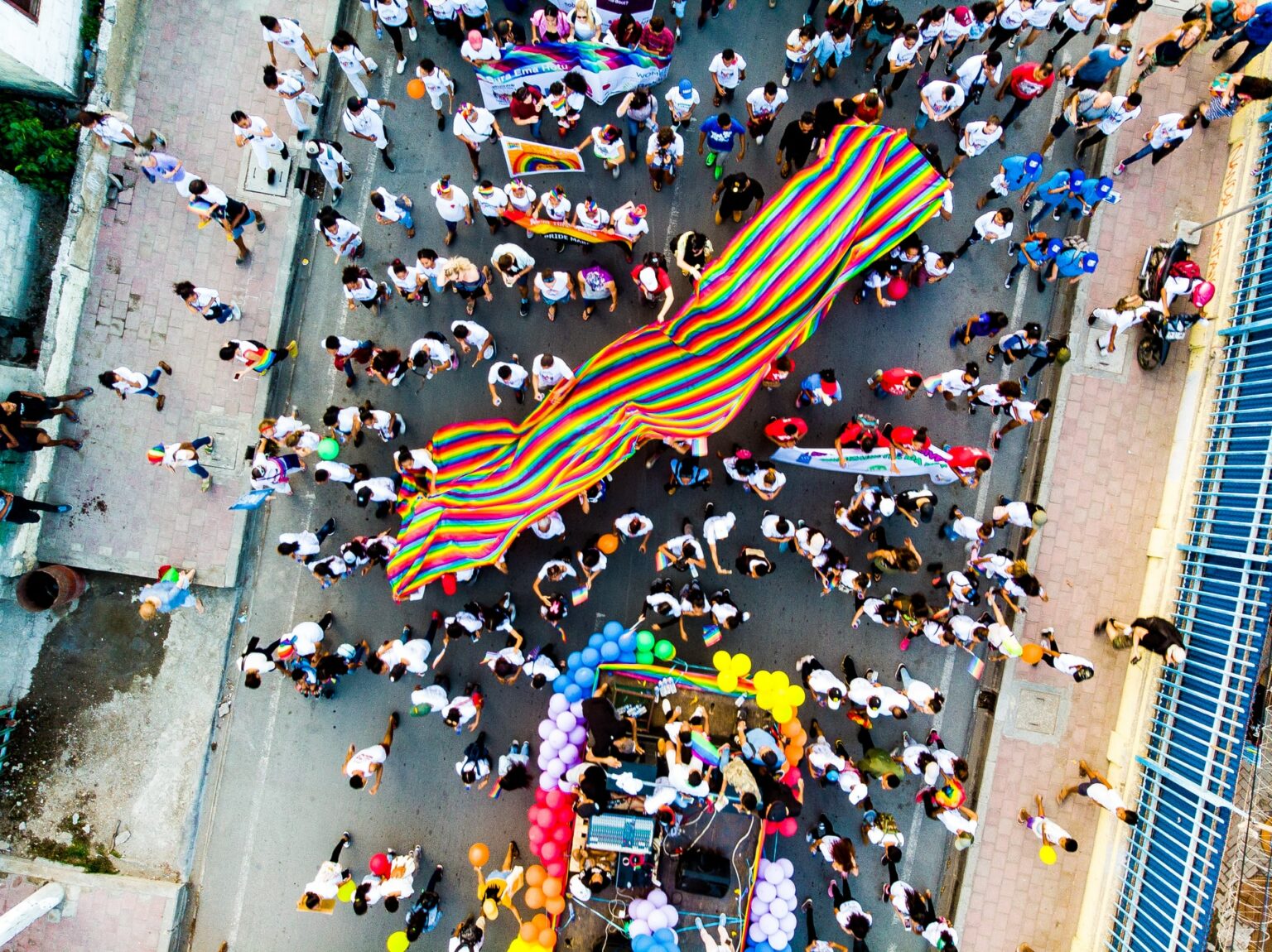
Hungary and Poland have been in the spotlight a lot for their anti-LGBTI policies, but they are not the only countries where political leaders are acting against LGBTI communities. Here, we take a look at the political situation for LGBTI people in Eastern Europe and Central Asia in the first half of 2021.
The COVID-19 pandemic and anti-LGBTI forces have deeply impacted the LGBTI movement in Europe and Central Asia. Some governments used the health crisis against human rights defenders by limiting their use of public space, while the same restrictions have not applied to many of the activities of the anti-LGBTI movement. As a result, the pandemic has accelerated deterioration of the human rights protection systems, disrupted effectiveness of monitoring and documentation, and made the work of activists even more precarious. The worrying trends that began in 2020 continue to grow this year as a number of laws proposed and adopted in different countries limit the ability of civil society to answer to current challenges and political crackdowns.
The Dignity for All: LGBTI Assistance Program is a consortium formed by ILGA-Europe and seven other leading human rights and LGBTI organisations around the world. It provides emergency assistance, advocacy funding, and security support to human rights defenders and civil society organisations under threat or attack due to their work for LGBTI rights. Since 2012, the program has provided emergency assistance grants to human rights defenders and civil society organisations in 95 countries and territories.
Thanks to this program, we’ve been able to support the movement in the region for almost a decade. The number of requests for emergency assistance in the first six months of 2021 has considerably increased. A lot of requests were related to the repercussions of anti-LGBTI actions, the pandemic, and wellbeing issues, along with the usual security assistance provided by the program.
Through this work, we’ve been able to assess the context in the region and provided funding to civil society organisations to respond to developments like those described below.
Take a look at the political situation for LGBTI people in Eastern Europe and Central Asia in the first half of 2021:
Albania: hate speech and hate attacks
In mid-June a trans activist in Tirana was physically attacked one week after heavy hate speech in the media around a discussion on LGBTI family rights. The debate was manipulated with headlines such as ”The LGBTI community aims to remove the word mother”. Other activists in Albania received hundreds of targeted death and rape threats. This clearly shows the trend of online hatred spilling over to the real world when the perpetrators feel encouraged by hate speech to physically attack activists and the LGBTI community.
Armenia: ground-breaking judgment for LGBTI people
While the LGBTI movement continues to deal with the shockwaves of the Nagorno-Karabakh conflict, a ground-breaking judgement was delivered in Yerevan, Armenia in May, finding discrimination based on gender identity and sexual orientation in a case concerning denial of access to a sports club services to two trans people and a gay man. For the first time the court applied the Armenian Constitution, the European Convention on Human Rights and the case law from the European Court of Human Rights on discrimination in relation to sexual orientation and gender identity discrimination. The decision sets an important precedent for national case law and is a milestone in ensuring equal rights to accessing services as well as other areas of life for LGBTI people living in Armenia.
Belarus: amendments to the law could backfire against LGBTI groups
In spring, amendments to the law ‘On Counteraction to Extremism’ were adopted. The new definition of extremism is formulated in a vague way and could be applied to LGBTI groups’ activity. The wording goes: “Extremism is considered incitement to hostility or discord, including against public order and public morality, property, health, personal freedom, honor and dignity of the individual, and the structure of family relations.” The draft was not published on official websites for consultations until it was signed by the President. It is currently in force in a context that is increasingly unsafe for any dissent.
Bulgaria: anti-LGBTI rhetoric and threats to events
As in previous years, right wing parties used anti-LGBTI rhetoric to misinform the population and win voters ahead of the elections that took place in July. After LGBTI activists received threats to their physical security and to their events, they requested additional security measures during Pride marches.
Kyrgyzstan: Constitution limiting human rights
In April, Kyrgyzstan adopted a new Constitution following a nationwide referendum. Nearly 80% of the voters backed the new Constitution containing provisions that could potentially restrict LGBTI activism. One of them, aiming to ensure financial transparency of public associations, is very similar to the law on “foreign agent” in Russia, which has significantly restricted the activities of human rights organisations. Another harmful provision reads: “in order to protect the younger generation, activities that contradict moral and ethical values and public conscience of the people of the Kyrgyz Republic may be restricted by law”. This provision might prohibit any LGBTI community organising and movement-building activities in Kyrgyzstan. A video was released demonising an LGBT+ organisation, revealing the names of most of the staff members, misgendering and publicly outing them.
Latvia: LGBTI family rights move backwards
In January, the Latvian Parliament passed a draft law to restrict the definition of family in the Constitution, ruling out same-sex partnerships and same-sex families. This contravenes international human rights law and European jurisprudence, as well as Latvia’s Constitution and the decisions of its Court. Latvia is one of only six countries in the EU that provides no recognition of partnership for same-sex couples and while there have been promising developments in the last two years, this vote is a worrying step backwards.
Turkey: official hate speech and withdrawal of the Istanbul Convention
On 27 December 2020, the Turkish Parliament passed a new NGO law called “Bill on Preventing the Spread and Financing of Weapons of Mass Destruction”. However, only six articles include means and regulations to combat financing of terrorism. The rest grant the Ministry of Internal Affairs and the President wide authority to restrict the activities of civil society organisations. According to the law, the Minister can suspend the board members of NGOs and apply to the court with an immediate request of shut down the organizations, NGOs might not be able to access funds and grants from abroad upon the decision of the Minister, and official audits can be conducted by any civil servants who usually don’t have competence and loyal to the government. Many organisations have already received notes of upcoming audits just weeks after the law came into force.
Hate rhetoric from authorities against the LGBTI community and activists continues in 2021, creating an atmosphere of LGBTI hatred in society. President Erdo?an has declared: “There is no such thing as LGBT. This country is nationalist, spiritualist and is walking to the future with these values” and “let’s not worry about what lesbians say”. Another prominent figure in Turkey, the Minister of Interior, Süleyman Soylu was banned on Twitter twice after saying “LGBT perverts”. He also referred to LGBT as “perversion” during a live broadcast on Haber Global television channel and added “this LGBT thing is something that is being propagated to us from Europe and the USA. This thing can break our family structure.”
In March, Turkey announced its withdrawal from the Istanbul Convention by a Presidential decree, without debates in Parliament and society at large. This is a huge step back for protecting women’s rights and a negative precedent for other countries that are signatories of the convention.
In June, Istanbul Pride was banned for the seventh year in a row. In protest, the march took place on Saturday, 26 June. Police arrested almost 50 people, including journalists, violating their right to freedom of assembly and expression. Several hours later people were released and no charges were pressed.
Armine Oganezova against Armenia
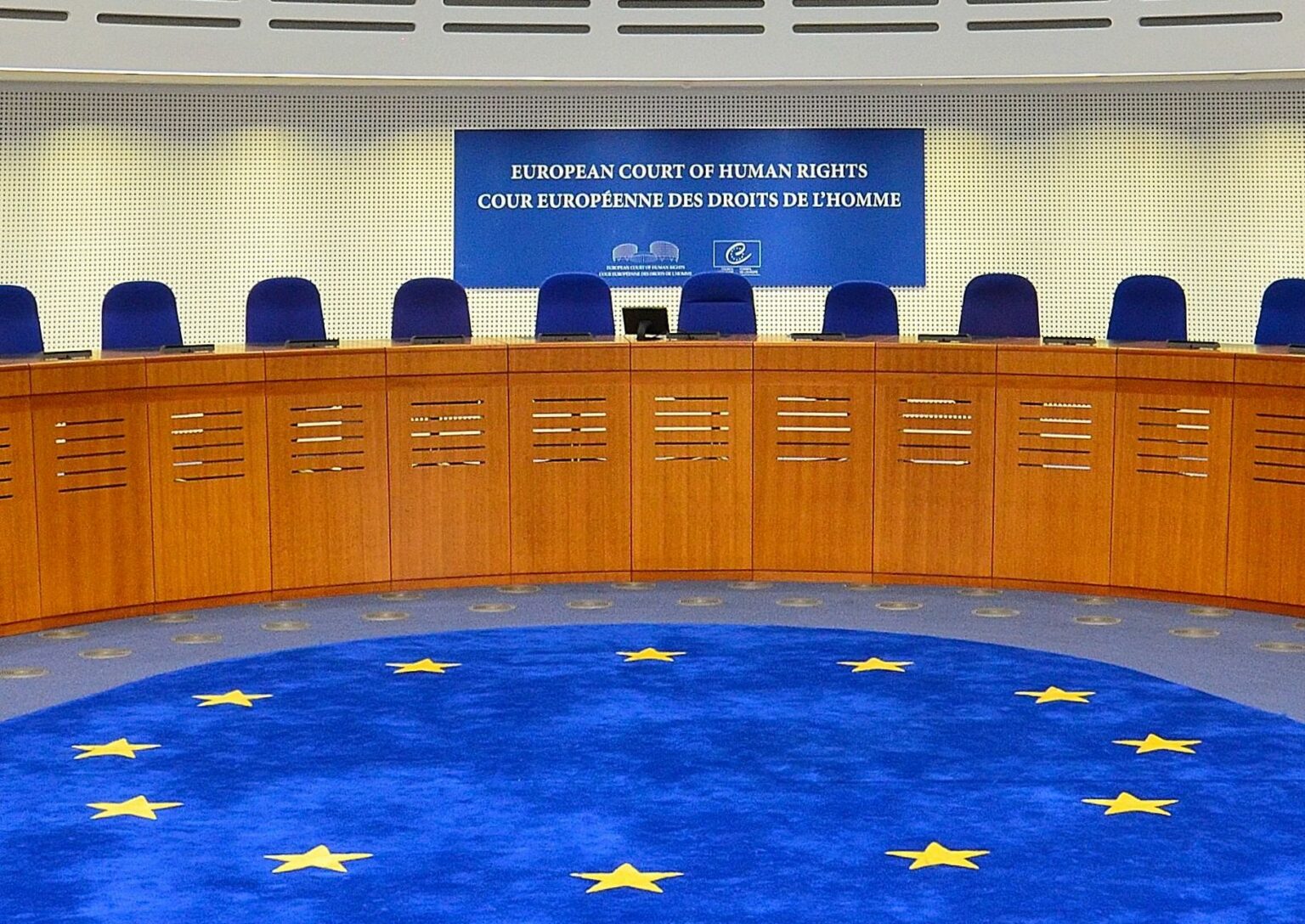
Hate speech and violence against LGBTI people.
(Apps nos. 71367/12 and 72961/12), 15 October 2019
Find here the communicated case.
- The applicant was a well-known member of the LGBT community in Armenia and co-owner a club where members of the LGBT community would meet to socialise. She had attended Istanbul Pride in 2011 and given interviews to some media outlets criticising Armenia’s human rights record. As a result she became the subject of an online hate campaign because of her sexual orientation. Shortly thereafter several people organised an arson attack on the club co-owned by her. She faced threats and harassment and was subjected to hate speech by high profile government representatives and members of the parliament. Given lack of anti-discrimination legislation in Armenia, applicant’s sexual orientation was not considered as a motive for the acts and there was no effective investigation.
- ILGA-Europe together with the AIRE Centre, the ICJ and Human Rights Watch submitted the following:
- The identity of victim of violence as an LGBT person should be taken into account in the assessment of Article 3 violations. Indeed the discrimination directed towards LGBT persons may indicate a particular motive and intent that may meet the threshold of Article 3 ECHR should be taken into account in the assessment of Article 3 violations. Indeed, discriminatory use of violence against a vulnerable group is an important factor and the ECtHR has acknowledged that LGBTI minorities may constitute vulnerable groups.
- Contracting States have a positive obligation under Articles 3 and 8 of the ECHR to protect from and investigate allegations of violence with discriminatory elements. According to the ECtHR, the State has a heightened burden of protection when there is prior knowledge of public hostility towards the LGBT community. These obligations are also widely recognized by current international and regional standards.
- Armenian legislation does not afford protection against explicitly homophobic or transphobic violence or threats or other incitement to such violence. In practice, LGBT persons and affiliates in Armenia continuously struggle to enjoy equality, both at personal and societal levels.
- It is of particular importance :
- To protect persons from violence, and put in place necessary legislative, policy and other measures for unmasking any discriminatory motive or intent present in the acts of violence.
- To ensure that a comprehensive anti-discrimination legislation is in place, and sexual orientation and gender identity are explicitly recognized as protected grounds for discrimination.
Armenia’s government must protect LGBTI citizens

In recent days, Armenia’s LGBTI community has been seriously failed on multiple occasions by national authorities after concerted attacks by conservative groups. This is a grievous betrayal of their responsibilities under international human rights law.
On 6 November, the organisers of the annual Eastern European and Central Asia Forum Conference of LGBTI+ Christians were forced to cancel the 2018 event, scheduled to take place in Yerevan on 14-18 November.
This decision was forced upon the organisers after a series of death threats, vandalism and homophobic acts directed at (perceived) LGBTI people in Armenia.
“ILGA-Europe are demanding a swift response from national authorities in Armenia – they must investigate these attacks, hold the perpetrators accountable and defend their LGBTI citizens.” said ILGA-Europe Executive Director Evelyne Paradis. “Attacks of this nature cannot be dismissed or ignored.”
Local host organisation ‘New Generation’ had to suspend its work after staff members were intimidated by anti-LGBTI activists and its director’s car was vandalised. Several tourists who were thought to be Forum attendees were violently assaulted on the street in early November and Forum participants received hundreds of death threats on social media.
Politicians and law enforcement agencies alike have failed to live up to their responsibility to protect the lives and physical integrity of their citizens. Even more worryingly, in some cases, they have actively escalated the tension.
Not only have the police failed to offer significant protection to the victims of these death threats, opposition political parties have mobilised right-wing extremist groups and been the source of these threats themselves. Also, on 24 October, Prime Minister Nikol Pashinyan referred to LGBTI equality as a ‘headache’ during a parliamentary discussion of the Forum, saying that ‘family values’ are the most important thing for him.
“The Prime Minister’s statements have contributed to a claustrophobic climate, making it almost impossible for LGBTI human rights defenders to work. LGBTI human rights defenders stand for family values for all people – and every family is deserving of the state’s protection.” commented ILGA-Europe’s Programmes Director, Bjorn van Roozendaal.
In the wake of death threats and increasingly violent hate speech directed towards the LGBTI community, Armenia’s government and law enforcement agencies must provide adequate safeguards for the LGBTI community and its allies.
ILGA-Europe call on regional and international organisations to utilise all mechanisms available to them in order to ensure Armenia adheres to its human rights obligations.
- As of 2018, Armenia currently sits at 48th place (out of 49 countries) in the Rainbow Europe ranking on LGBTI law and policy.
- The latest update from the European Forum of LGBT Christian Groups and the “New Generation” Humanitarian NGO is available here.
- The Forum Conferences of LGBT Christians of Eastern Europe and Central Asia has taken place since 2004 in various countries (Ukraine, Russia, Estonia, Moldova, Romania). The event brings together 60–70 LGBTI people of faith, activists, church ministers, and psychologists for several days of intensive networking, discussions, sharing, and prayer.
Violent attack on LGBTQ community in Armenia

Nine members of the LGBTQ community in Armenia were attacked late last night by a group of over 30 people.
According to reports received by ILGA-Europe from our member organisation PINK Armenia, the victims were LGBTQ community members – some of whom are activists. (One of the group is a staff member of PINK Armenia and another victim is on the organisation’s board.)
The incident took place in the village of Shurnukh, in the Syunik region located in the south-east of Armenia. At approximately 20.00, 30 people confronted the nine community members in the street, beating them and leaving two of the group with serious injuries that required hospitalisation. Seven of the victims received minor injuries.
Despite calling the police after the attack, the victims stated that officers did not reach them until 21.30, despite Shurnukh being a relatively small town.
PINK Armenia have been liaising with the victims in hospital since the attack took place, as well as visiting the Goris police station. The Ombudsman’s office are also understood to be in contact with law enforcement officials following the incident.
ILGA-Europe are appalled to hear of this violent hate crime carried out against members of the LGBTQ community. This is the latest in a series of disturbing incidents this year; a trend that cannot be allowed to continue.
LGBTQI people are part of Armenian society and should be able to live fully and freely, without fear. We call on local police officers, national law enforcement agencies and policymakers to find the perpetrators, fully investigate this incident without delay and introduce laws to protect LGBTI people against bias-motivated crimes.
Armenia is currently at 48th place (out of 49 countries) on the Rainbow Europe Map/Index, ranking countries in terms of their LGBTI-inclusive law and policies.
Minasyan and others v. Armenia

Incitement to discrimination/Hate speech
(Application no. 59180/15), 20 July 2018
Find here the communicated case.
- The applications involve newspaper publications containing discriminatory language and incitement to discrimination against the applicants due to their association with the LGBT community and/or their perceived sexual orientation. The Armenian courts ignored the allegations of discrimination based on actual or perceived sexual orientation and gender identity.
- ILGA-Europe together with TGEU submitted the following:
- The ECtHR and other authoritative bodies in Europe and beyond have recognised that homophobic and transphobic statements constitute hate speech. Besides, the Court held that homophobic and transphobic speech may violate Articles 8 and 14 ECHR due to its humiliating and stigmatising effect.
- Contracting States have a positive obligation to protect against and investigate hate speech. This obligation is heightened when hate speech is motivated by discrimination against one’s actual or perceived sexual orientation or gender identity. The margin of appreciation allowed to the State under Article 8 may be restricted because sexual orientation and gender identity are important facets of an individual’s private life and can be used as a marker of group identity. In addition, acknowledging a heightened level of protection does not contravene freedom of expression, which is not an absolute right and can be restricted according to Article 10(2).
- LGBT persons and affiliates in Armenia are prevented from seeking redress against hate/discriminatory speech, and continuously struggle to enjoy equality, both at personal and societal levels due to lack of of adequate legal framework and the hostile attitudes against the LGBT community.
LGBTI-phobic attacks reported in Armenia

ILGA-Europe have received reports of LGBTI-phobic attacks against members of the community in Armenia. LAST UPDATED: 17 April
*Content warning: some graphic descriptions of violence are included below.*
According to the latest update published by one of our member organisations, PINK Armenia, a 15-year-old was stabbed in Yerevan last weekend. The attack was committed on 1 April by a 35-year-old man who, following his arrest, told police that he had carried out the stabbing because he assumed that the victim was gay.
This follows the news that a trans woman was attacked in her own apartment on 27 February, also in Yerevan. Again, the updates came via an ILGA-Europe member, Right Side NGO. An attacker physically assaulted J, the 32-year-old woman, before locking her up and setting her apartment on fire.
These shocking events are not isolated incidents and have prompted many organisations to protest in front of the General Prosecutor’s Office earlier today, calling for adequate investigations into LGBTI-phobic hate crimes. ILGA-Europe add our voice to the demand for an immediate and thorough investigation.
Armenia is currently at 47th place (out of 49 countries) on the Rainbow Europe Map/Index, ranking countries in terms of their LGBTI-inclusive law and policies.
- A full list of the actions required immediately from state authorities is available on the PINK Armenia website (in Armenian, with English and Russian versions also available).
UPDATE ON 17 APRIL:
News of additional discriminatory attacks against members of the LGBTI community have reached ILGA-Europe since last weekend.
- Right Side NGO have confirmed that on 11 April one of their employees was subjected to violence and mocked during a visit to the Arabkir military commissariat station. The human rights defender was threatened and insulted, and also had their phone confiscated by military service workers.
- Our member organisation Right Side also became aware of an incident on 15 April, where a trans woman living in Yerevan was physically attacked. Her throat was cut during the attack and we understand that she is currently being treated in hospital.
Forced Out: LGBT People in Armenia
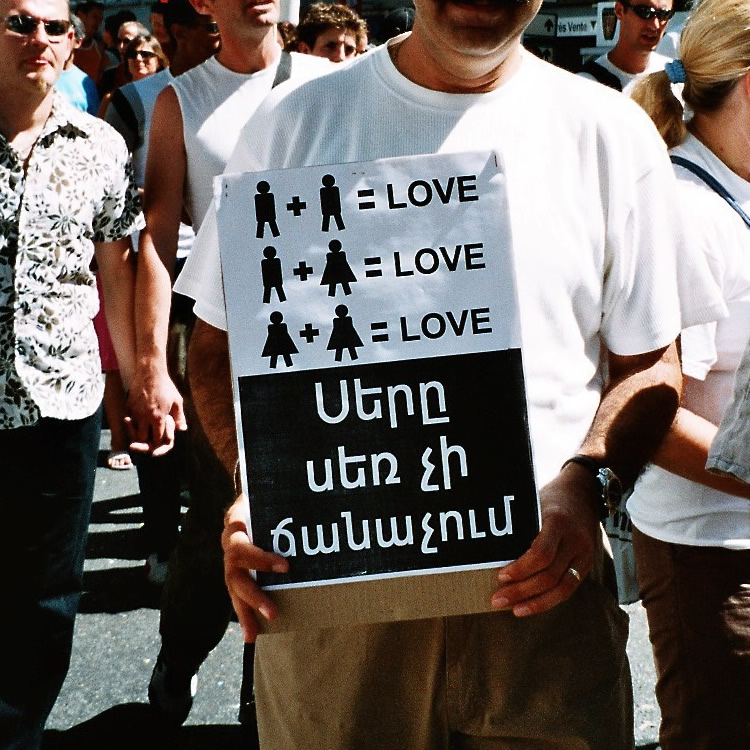
The joint ILGA-Europe and COC report is the first of its kind to be published about same-sex relationships and LGBT people in Armenia. It explores identities, common human rights violations, the landscape of LGBT organising, health and HIV/AIDS, and relevant legal aspects. It also provides recommendations to the Armenian government, donors, LGBT activists and international organisations.